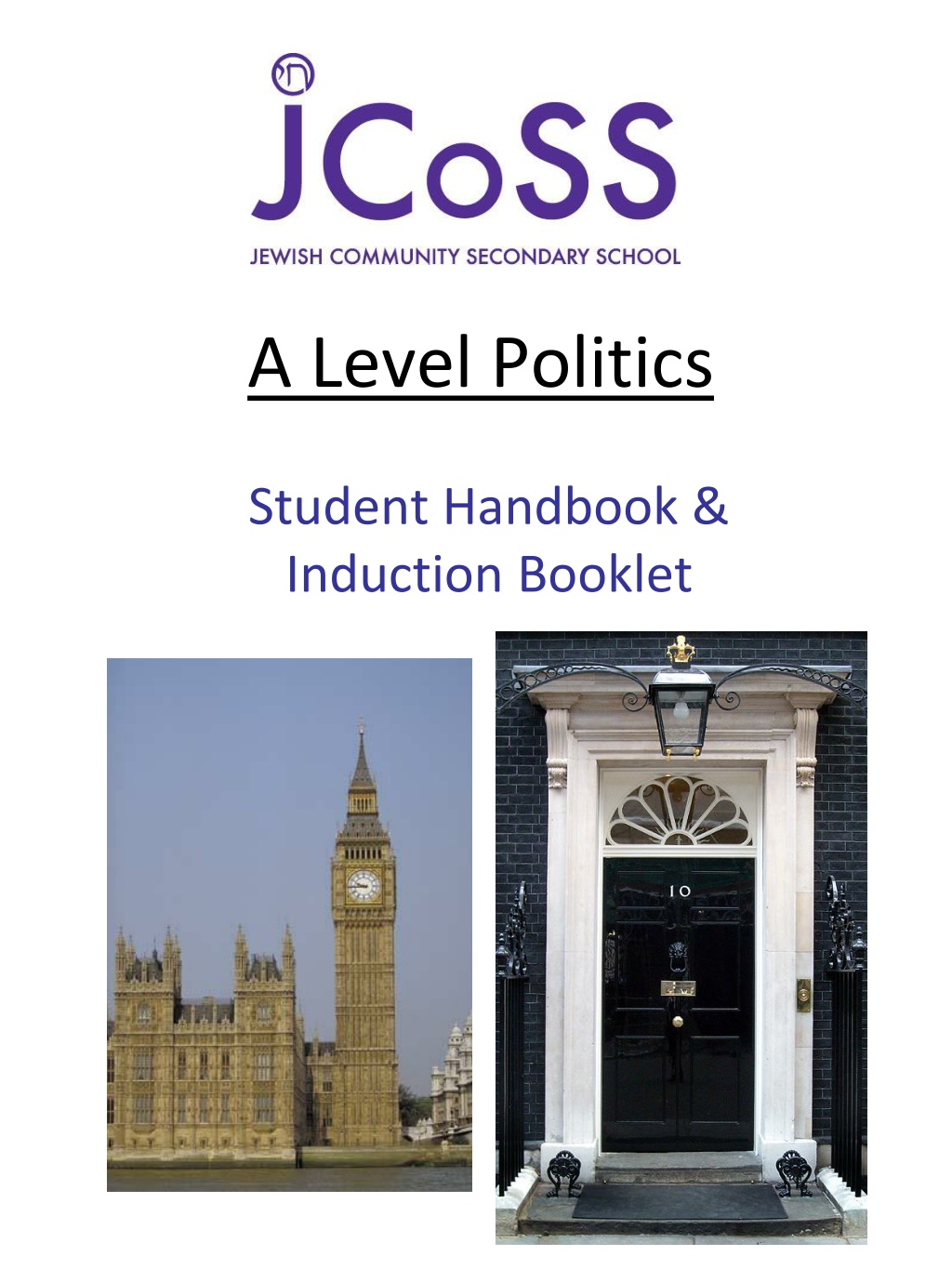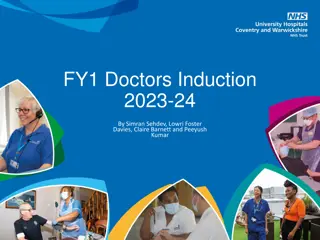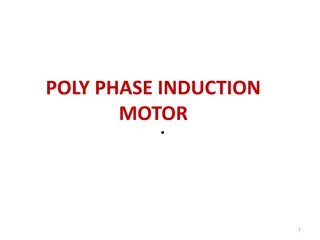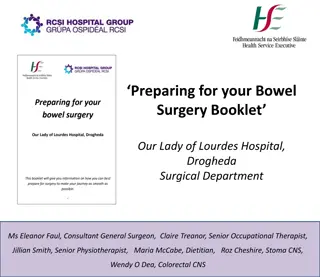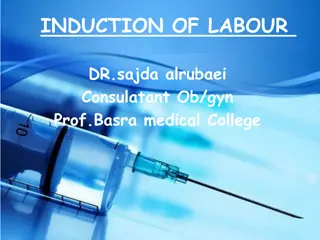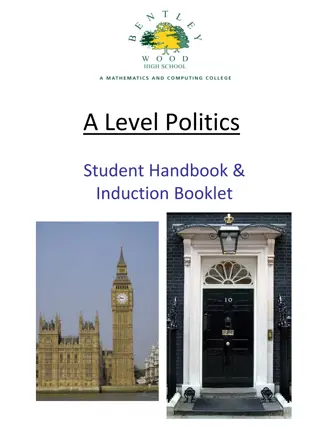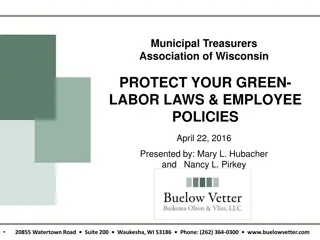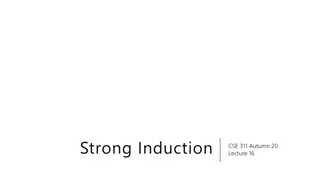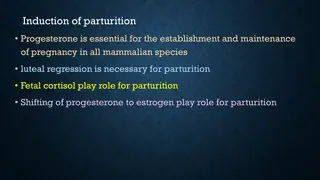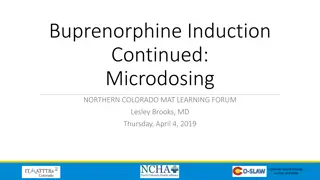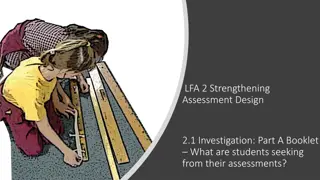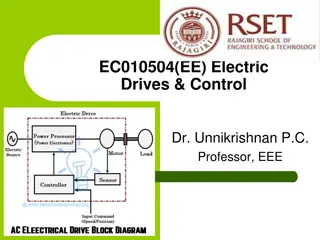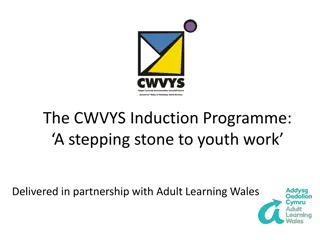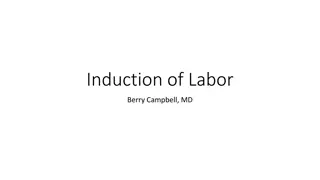A-Level Politics Student Handbook and Induction Booklet
This handbook and induction booklet for A-Level Politics provides an overview of the course objectives, skills development, resources available, and tips for success. It emphasizes the importance of taking an interest in current affairs and political issues, along with practical tasks like reading, researching, and engaging with political content to ensure success in the course.
Download Presentation

Please find below an Image/Link to download the presentation.
The content on the website is provided AS IS for your information and personal use only. It may not be sold, licensed, or shared on other websites without obtaining consent from the author. Download presentation by click this link. If you encounter any issues during the download, it is possible that the publisher has removed the file from their server.
E N D
Presentation Transcript
A Level Politics Student Handbook & Induction Booklet
AS & A2 Level Politics WHAT DOES THE COURSE AIM TO DO? It aims to: Provide you with a balanced education in politics , and understanding of the nature of politics, and an understanding in the context of the Untied Kingdom, including its local, national and European dimensions, and some aspects of comparative study of other political systems. You will be assessed on your ability to organise and present information, ideas and arguments clearly and logically in continuous prose using good quality English THE SKILLS YOU WILL DEVELOP Knowledge and understanding of basic political ideas , concepts, structures and processes, the relationship between them and how they work at different levels. An ability to interpret and analyse political information in various forms and from various sources, and to apply a range of political ideas concepts and theories. An ability to evaluate arguments, theories, values and ideologies to explain political behaviour and suggest solutions to controversial issues. The skills to organise and present an argument with relevance, clarity and coherence using good English.
HOW WILL YOU BE SUCCESSFUL IN THIS COURSE? YOU WILL NEED TO TAKE AN INTEREST IN CURRENT AFFAIRS AND POLITICAL ISSUES This will involve: Reading a QUALITY newspaper (such as The Times, Guardian, Telegraph, Independent or their Sunday equivalent; magazines and specific politics journals such as Politics Review as well as the set textbooks. Watching current affairs programmes such as Panorama, Despatches etc. and specific politics programmes such as ' A Week in Politics . Watching the news or listening to 'Today' on Radio 4. Discussing and debating political issues with both fellow politics students and others Keeping a scrap book of press cuttings on politics and issues Interest alone is not enough! You will have to read widely and work hard to understand: The institutions and main features of the British system of government and British politics. How these work in theory and practice The way they interact their strengths and weaknesses The way they may change Continuity is essential: Part-timers are of no use! You will be given a variety of tasks: Reading Research Short answers Stimulus response questions Essays. To ensure quick feedback and a planned workload it is essential that all work is completed by set deadlines.
WHAT RESOURCES ARE AVAILABLE TO HELP WITH MY AS STUDIES? We will primarily use this text book buy one if you want to, but we have copies at school. Set Texts: Edexcel GCE Politics AS and A-Level Student Book (Edexcel GCE Politics 2017) by Goodlad, Mitchell, Colclough, Levinson, Laycock, Schindler & Tomes ISBN: 978-1292187020
InductionTasks These are all based on the booklet Parliament Find Your Way We have also included the update to this How it Works . TASK 1: complete the following activities. You will need to start with the booklet Parliament Find Your Way . Read the relevant pages in this booklet and then complete the following tasks. You will need to ensure you have revised all of these topics, especially the key terms you will be tested on this on your return to school in September. 1. The History of Parliament Read page 4-5 in the booklet. Visit www.parliament.uk/housesofhistory Create a timeline to illustrate the Journey to Democracy . 2. Democracy Read page 6-7 in the booklet. Write a definition for the following words: Democracy Representative democracy Direct Democracy Politics Dictatorship Suffrage Franchise Watch Democracy? You Decide : http://www.parliament.uk/education/teaching-resources- lesson-plans/democracy-parliament-and-government-video/you-decide-video/ Answer the following question: What would the UK be like if we didn t live in a democracy? What are the strengths and weaknesses of the UK system of democracy? What other options are there and where are they in place right now? 3. The Constitution Read page 8-9 in the booklet. Write a definition of the following words: Constitution Uncodified constitution Codified constitution Parliamentary sovereignty Devolution The Human Rights Act The European Union The UK Supreme Court
4. The constitution: The EU Read page 10-11 in the booklet. Visit http://Europa.eu Use your research to answer the following question: In what areas can the EU make laws that the UK has to follow? What happened if there is conflict between EU law and UK law? Provide an example of where EU and UK law has conflicted what was the outcome? Make a list of the pros and cons of the UK being a member of the EU. Study the results of the EU referendum on the 23rd June what was the outcome? Why do you think this side won? 5. Parliament Read page 12-17 in the booklet. Write a definition of the following words: Constituents MPs Government Minister Backbencher The Executive Government Opposition Cabinet Speaker The Legislature Crossbenchers Lord Speaker House of Lords Act 1999 Hereditary Peers Life Peers Peers Spiritual Bicameral legislature House of Commons House of Lords Monarch Legislation Scrutiny Representation Two-House system Bills The Queen s Speech Select Committees General Committees Public Bills Committee Grand Committees Liaison Committee Prime Minister's Questions Ministerial Questions What role does the monarch have in our Parliament? What is the benefit of a two-House system? What is the key role of the committees? What is the main different between the House of Commons and the House of Lords? Who do MPs represent?
5. Parliament contd What is the difference between the Executive and the Legislature? How in the UK system of government do these over-lap? (Clue: this is called Fusion of Power) What is the major problem with the House of Lords in terms of democracy? What are the pros and cons of having an unelected second chamber? Who would you nominate as a Life Peer and why? High Court Judges also used to sit in the House of Lords: where do they now sit? Why do you think it was important to separate them from the work of the House of Lords? 6. Legislation: Making New Laws Read page 12-17 in the booklet. Write a definition of the following words: Public Bills Government Bills Private Members Bills Manifesto Amendments Division Filibuster Free Vote Green Paper Motion Ping-Pong Tellers Wash-up White Paper Play the following game: www.parliament.uk/myuk Answer the following questions: What one law would you make and why? How would you enforce the law? What implications might it have for communities in the UK?
7. Elections and Voting Read page 20-21 in the booklet. Write a definition for the following words: General election Devolved Assembly/ Parliament elections European elections Local elections By-elections Referendums Read through the different types of voting systems on page 21. Which do you think would be the best system for the UK to adopt for General Elections and why? In 2011 there was a referendum on introducing AV. Research the outcome of this referendum. Why do you think this outcome occurred? 8. Elections and Voting: Trends and Types Read page 22-23 in the booklet. Write a definition for the following words: Voter Turnout Polling Day Compulsory Voting Separation of Powers Proportional Representation Why do you think voter turnout is low in Britain? Should the UK make voting compulsory? What are the arguments for and against? Should the voting age be lowered to 16? What are the arguments for and against? You will soon be old enough to vote how do you register to vote? Go to www.parliament.uk/referendums and research another referendum that has happened in the UK. (Do not select the AV Vote or the EU referendum) What was the topic of the referendum? What was the turnout? What was the outcome?
9. Political Parties Read page 24-25 in the booklet. Write a definition for the following words/topics: Political Party Coalition government Majority Functions of political parties Party Whips Party Rebels withdrawing the whip Which political party currently governs this country? How many seats (or MPs) do the three main parties each have in the House of Commons? Research the main political position of the three main political parties in the following areas: Immigration Taxes and the Economy The NHS Security, defence and foreign affairs Jobs Education Law and Order Benefits/ Poverty Who would you vote for and why> 10. Pressure Groups Read page 26-27 in the booklet. Write a definition for the following words/topics: Pressure Group Lobbying Petitions Popular protest Celebrity endorsement Direct Action. How is a pressure group different from a political party? Research one pressure group why is its aim? Who does it represent? What methods has it used to try to get its message across? How successful has it been?
Current Affairs Diary TASK 2: in addition to these research projects you can also start a current affairs diary. You can continue to keep this diary throughout your time studying politics in the sixth form. How to keep a current affairs diary: 1. Each morning you must listen to, watch or read what is going on in the country and make a list of the top three news stories. You can do this whilst you are getting ready in the morning; whilst travelling into school on weekdays; by looking at one of the internet news sites and/or spending some time each day in the school library or at home looking at a newspaper. 2. In your diary make a list of the top three stories, including a brief outline of what has happened. 3. At the end of each week you must select one of these stories and write a short editorial on it. This should include: An objective explanation of the issue. How it has progressed across the week. Opinions from different viewpoints. Your opinion including where applicable alternative solutions to the problem or issue being criticised.
